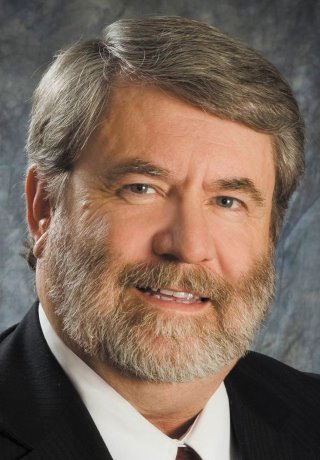I have been working in the field of procurement for the past 40 years and understand all the concerns that the construction industry faces on a regular basis. It can be difficult to deal with all the rules that are involved in bidding on government projects.
In all the years of working with municipalities I would say that generally public servants try very hard to follow the procedures they have to work with from council.
It is a fact that municipal procurement is fundamentally concerned with the expenditure of public funds. Public service is a public trust.
Citizens expect public servants to serve the public interest with fairness and to manage public resources properly on a daily basis. Fair and reliable public services inspire public trust and create a favourable environment for businesses, thus contributing to well-functioning markets and economic growth.
In order to maintain public confidence in the integrity of public administration and the political system, it is essential that the highest ethical standards be maintained with respect to such expenditure.
The American Executive Order 11222 well describes the terms of the public’s expectations in this area for any democratic state:
"Where government is based on consent of the governed, every citizen is entitled to have complete confidence in the integrity of his government. Each individual officer, employee or advisor of government must help to earn and must honor that trust by his own integrity and conduct in all official actions."
There are clear and cogent reasons why municipal administration ought to be above suspicion when it comes to the expenditure of public funds. General adherence to the highest standards of public ethics is a keynote of good government.
When private companies spend money, they spend money that belongs to themselves; it was earned through a process of voluntary exchange.
In contrast, public money is predominantly tax money. As such, it is money received by the government to pay for services and other things that people do not wish to pay for. Even if it can be shown that those things are socially worthwhile or even necessary, the coercive nature of taxation and, therefore, public expenditure is sufficient to necessitate higher standards of ethical conduct than those which prevail in the private sector.
People employed in public procurement occupy a fiduciary position. As such, they are legally required, and expected by the public, to display impeccable standards of conduct. They must not abuse their position of authority to exact personal gain misappropriate public funds or property, or allow their decisions to be influenced by an improper gift or other consideration, such as personal friendship.
They must act with complete impartiality, giving preferential treatment to no one, except as required or permitted by law. They must avoid conflict of interest, including any appearance of such conflict, whether involving themselves personally or a third party to whom they also owe a duty of loyalty.
They should advance their employer’s interests and its interests alone. They must disclose fully to the appropriate decision-makers authority all facts within their knowledge that are relevant and material to any decision to be made. As public servants, they must be expected not to do anything which impedes or undermines government efficiency or economy. As employees, they must be expected to do nothing contrary to the instructions that have been properly given by their superiors and to act only as approved, or in an appropriate manner. They should maintain their employer’s confidences and respect the privacy of its suppliers.
Strong guidance from the top down is essential to secure and display a general and dedicated commitment to high ethical standards at all levels of government.
Stephen Bauld is a government procurement expert and can be reached at swbauld@purchasingci.com. Some of his columns may contain excerpts from The Municipal Procurement Handbook published by Butterworths.











Recent Comments
comments for this post are closed